These 13 Oils—Yes, Oils!—Will Stop Your Acne in Its Tracks



Kate Foster Kaplove

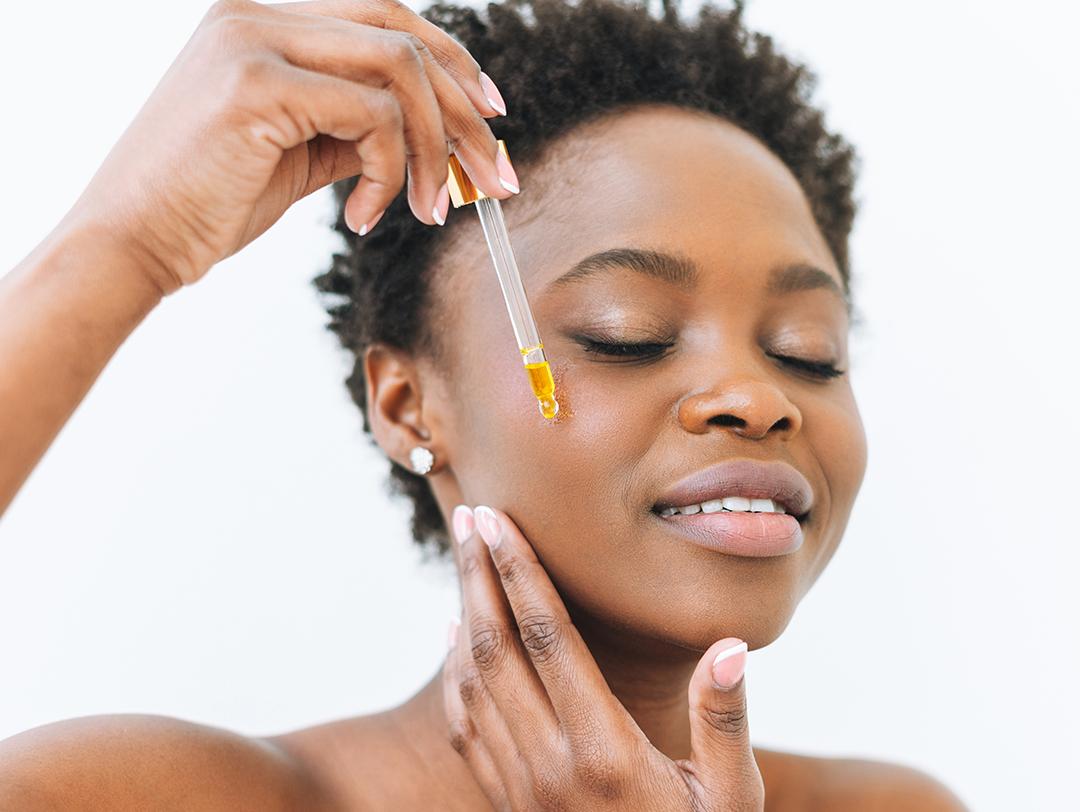
If you struggle with breakouts and battle oily skin, the last thing you might think to use is facial oils. But the truth is, the best oils for acne actually help your acne-prone skin instead of making it worse. Oils are one of the most effective yet gentle ways to treat and prevent acne. Not only do they possess some pretty powerful anti-bacterial and anti-inflammatory properties, they can also help hydrate, nourish, and heal your complexion—no matter your skin type—at the same time.
If you’re struggling with breakouts, we have your back. “We” being skincare experts Jason Emer, MD, a dermatologic surgeon; Hadley King, MD, a board-certified dermatologist; and Taylor Worden, a celebrity esthetician. This team of skincare pros break down everything you need to know about using essential oils and the best ones for acne. Read on for more.
It's about glam time you treated yourself.
Join IPSY

MEET THE EXPERT
Hadley King, MD, is a board-certified dermatologist based in New York City.
Taylor Worden is a celebrity esthetician and founder of Taylor Worden Skin.
Jason Emer, MD, is a dermatologic surgeon in Los Angeles, California.
What to Know About Using Essential Oils for Acne
Acne or no acne, you may have heard mixed things about using topical essential oils. And the experts say to proceed with caution, especially sensitive skin types. “Almost all essential oils contain allergens, and in practice, most dermatologists and allergists see more allergies due to essential oils than to synthetic fragrances,” explains Dr. King, who says, “They are a common cause of allergic contact dermatitis [rash].”
That said, many people have no issues using essential oils (or skincare products containing them) in their skincare routines. “If you aren’t sensitized, fragrance can be a delightful experience,” says Dr. King. “I think consumer education is key so that an informed decision about risk versus reward can be made.” For example, Dr. King says those with skin conditions like eczema may want to consider other acne treatments. “Risk of allergic-contact dermatitis to essential oils is increased in those with atopic dermatitis—so, if you have atopic dermatitis, you may decide that risk outweighs benefit and you may want to avoid fragrance.”
Still, Worden says essential oils make “a great alternative to using harsh products,” but stresses that “The essential oil should always be diluted.” There are also certain steps you can take to prevent irritation when using essential oils in any application. Here’s what Worden recommends:
Always do a patch test. Apply a small amount to the inside of your wrist, and see if you develop a reaction.
Use a carrier oil. Worden says most are “gentle and safe, but best if diluted with a carrier oil like jojoba or rosehip seed oil or water.”
A little goes a long way. Essential oils are extremely concentrated, so apply in very small amounts to avoid irritation.
Store in a cool dark place. This will help preserve the oils longer.
Don’t use essential oils on irritated or broken skin. It may seem like a given, but it’s worth repeating!
The 13 Best Essential Oils for Acne:
1. Tea Tree Oil for Acne
Walk down any acne aisle, and you’ll see this star ingredient everywhere—and for good reason. “This anti-inflammatory and antimicrobial oil also helps to calm redness, swelling, and inflammation,” says Dr. Emer. Essentially, it kills acne bacteria and soothes pimples at their source. TULA Keep It Clear Acne Foam Cleanser contains the ingredient, as well as anti-inflammatory ginger and salicylic acid.
2. Thyme Essential Oil for Acne
Say hello to one of the most effective oils out there for killing acne bacteria and treating body acne. “Not only is thyme antibacterial, it’s also antifungal,” says Dr. Emer. “And body acne is often fungal in origin due to increased sweat in those areas.” So don’t forget to dab a few drops on your back, chest, and shoulders after you apply it to your face.
3. Oregano Oil for Acne
Along with thyme, oregano oil has “antimicrobial activity and helps kill the bacteria Propionibacterium acnes and Staphylococcus epidermidis, two of the major acne-associated bacteria,” says Dr. King. “They can therefore potentially help to treat current acne as well as prevent future breakouts.” The derm recommends INNBEAUTY PROJECT Pimple Paste, which contains both oregano and thyme essential oils.
4. Rosemary Oil for Acne
Rosemary essential oil “destroys acne-causing bacteria P. acnes and works well with oily skin, because it regulates sebum production,” explains Worden, who says the ingredient “also helps with inflammation.”
5. Clary Sage Oil for Acne
This herb “has all the acne-fighting properties,” says Worden, who says it “reduces oil production, and it’s antibacterial.” You can find clary sage extract in CLINIQUE Acne Solutions Acne + Line Correcting Serum.
6. Jojoba Oil for Acne
Skin and jojoba oil are basically soulmates. “It soothes, moisturizes, and decreases oil production, which helps prevent clogged pores and improves acne,” says Dr. Emer. This oil is structurally and texturally similar to your skin’s natural sebum, so it’ll absorb quickly and won’t leave behind a greasy film. THREE SHIPS Glow 49% Jojoba Oil Serum is so silky and lightweight, you can even add a few drops to any product to instantly make it more nourishing. Plus, if you're into essential oils, jojoba oil is what's known as a carrier oil, meaning it can be mixed with more potent versions to lessen irritation.
7. Lavender Oil for Acne
You know how lavender essential oil is amazing for helping you wind down? It can be extremely effective for keeping your skin calm, too. According to Dr. Emer and Worden, it minimizes inflammation and promotes healing—and some varieties can even help unclog pores. Add a few drops to your moisturizer for a blemish-fighting boost (or mix it with distilled water to create a snooze-inducing pillow spray).
8. Ylang Ylang Essential Oil for Acne
A healthy skin barrier equals skin that’s better equipped to battle acne. “Ylang ylang essential oil helps the skin retain moisture, which improves the barrier function of the skin, balances sebum production, and calms inflammation and blemishes,” says Dr. Emer. And while your breakouts heal, you’ll likely see an improvement in fine lines too—ylang ylang is excellent at improving skin’s elasticity.
9. Eucalyptus Oil for Acne
This aromatherapy favorite may be particularly beneficial for cystic acne. “It coaxes deep cysts to open and dry out,” says Dr. Emer. “Plus, since it’s an antimicrobial, it’s great for preventing infections. It also helps heal wounds and improve discoloration.”
10. Geranium Essential Oil for Acne
This floral essential oil “is reputed to effectively eliminate dead cells, tighten the skin, promote the regeneration of new skin, and diminish signs of aging,” says Dr. Emer, who adds that “It is known to be anti-inflammatory and antiseptic, making it beneficial for reducing acne breakouts as well.”
11. Rose Essential Oil for Acne
Unsurprisingly, rose is kind of the sweetheart of the skincare world: Dr. Emer says its anti-inflammatory benefits make it as useful for treating eczema and rosacea as it is for minimizing acne. It even has antioxidants to help protect skin from further damage. PIXI BY PETRA Rose Oil Blend combines rose geranium oil with sweet almond, rosehip, jojoba, and pomegranate seed oils for the ultimate nourishment.
12. Bergamot Essential Oil for Acne
Breakouts aren’t just annoying—they can hurt, too. Luckily, though, “Several compounds in bergamot are antibacterial and anti-inflammatory,” says Dr. Emer. He recommends using it as a spot treatment for large cysts and especially painful breakouts, as it has analgesic (or pain-reducing) properties.
13. Patchouli Essential Oil for Acne
Now that you’ve got a few options for treating blemishes, what about the acne scars they can leave behind? “Patchouli oil is known to stimulate cell regeneration through skin collagen production and tightening,” says Dr. Emer. “It is often mixed with other essential oils such as tea tree, rosewood, and lavender to help remodel damaged skin with new and improved skin cells.”
Want acne-fighting skincare and more delivered to your door with the IPSY Glam Bag? Take our Beauty Quiz now to get started. Already an Ipster? Refer your friends to earn points, which you can use toward products. Either way, don’t forget to check us out on Instagram and Twitter @IPSY.
Like this article? Share it with your friends by clicking the icons below!
Liked this post? Share!
Related Stories
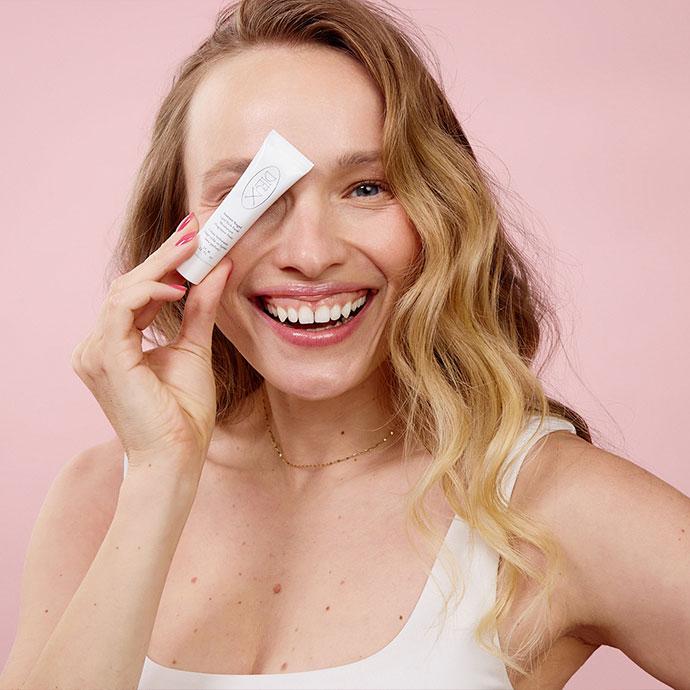
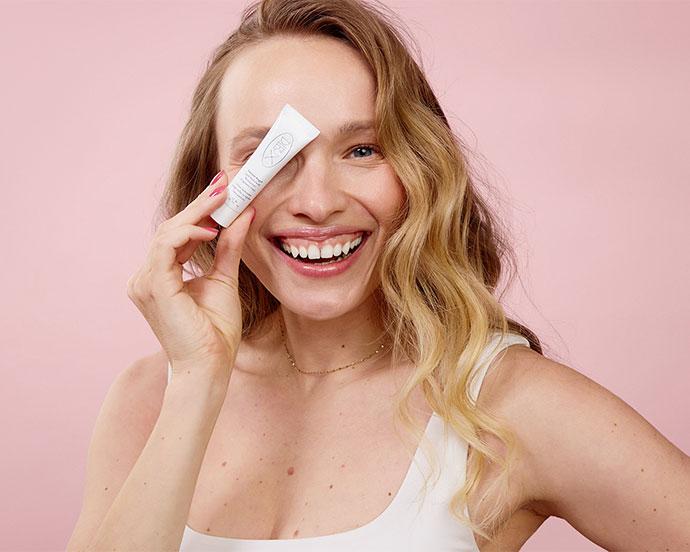
Skin
The No-BS Skincare Movement Starts With DIEUX SKIN
Published on Jan 27, 2026 • 4 min read

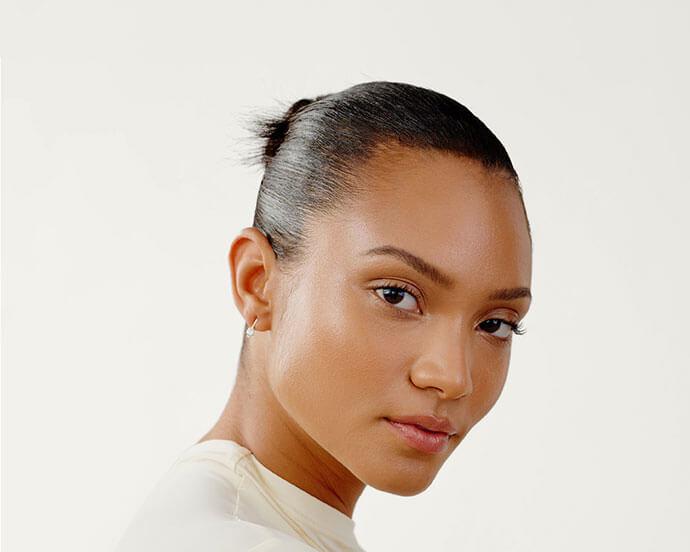
Skin
Skinimalism Is the Ultimate Stripped-Back Skincare Trend
Published on Jan 22, 2026 • 6 min read


Skin
Spring Is Coming—Is Your Skincare Ready?
Published on Jan 15, 2026 • 4 min read
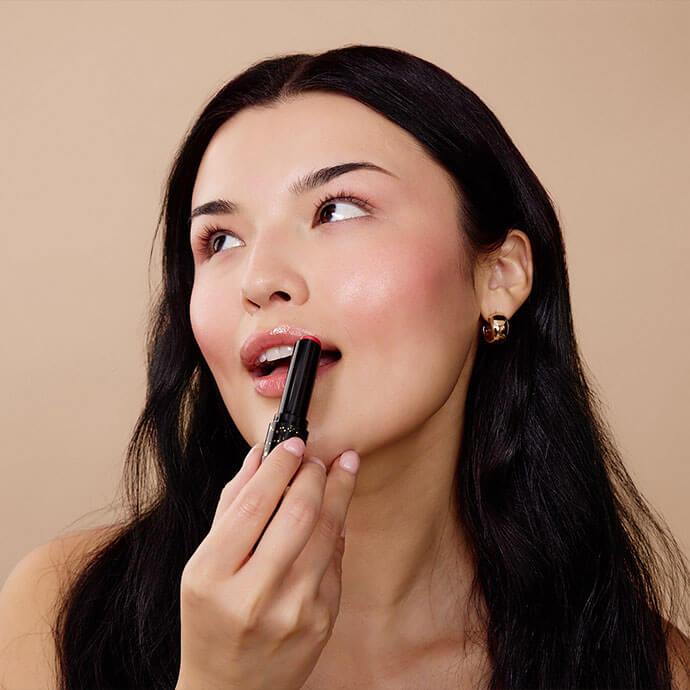
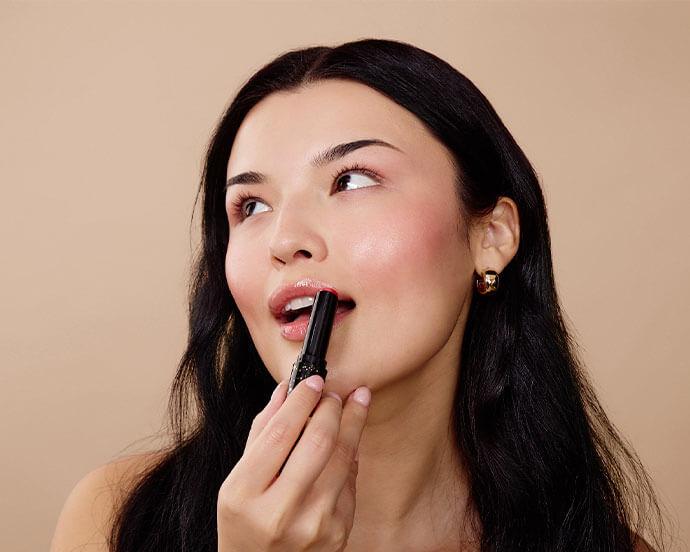
Skin
The Hydration Sandwich Trend Will Save Your Dry Lips This Winter
Published on Jan 13, 2026 • 4 min read


Skin
What Is the Skin Barrier & Why Is Everyone Talking About It?
Published on Jan 12, 2026 • 6 min read


Skin
The New Year Is the Perfect Time to Get Ahead of Inflammaging
Published on Dec 15, 2025 • 8 min read


Skin
How to Adjust Your Skincare Routine for Mature Skin in the Winter
Published on Dec 4, 2025 • 7 min read


Skin
10 Thanksgiving Foods That Will Have Your Skin Coming Back for Seconds
Published on Oct 15, 2025 • 7 min read


Beauty Picked Just for You
Get 5 products worth up to $70
Plus exclusive access to epic deals up to 80% off
Starting at just $14/month. Cancel anytime.